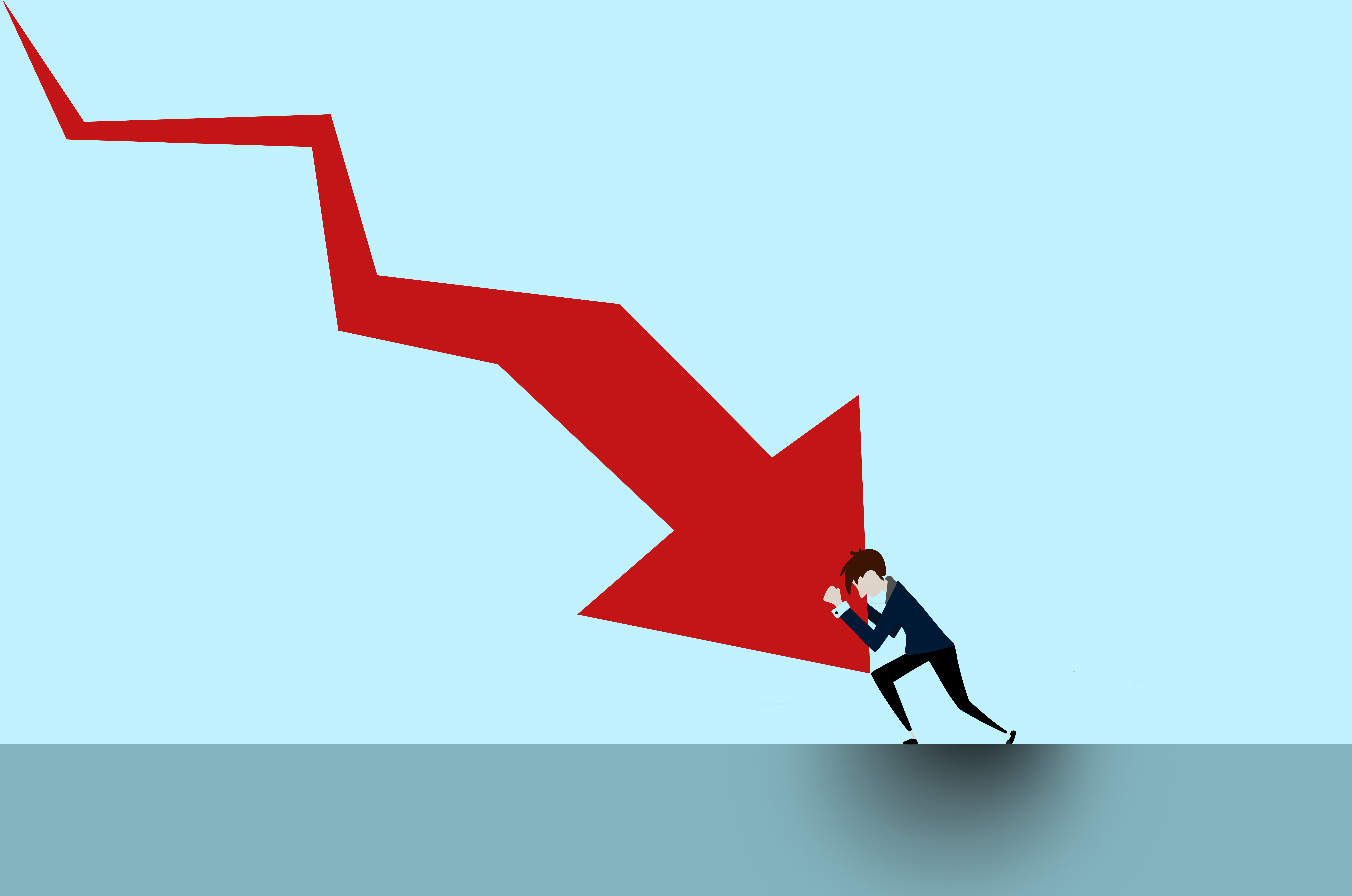The Covid-19 pandemic and the resulting economic slowdown are causing shifts in tax policy and enforcement. We asked UConn Law Professor Richard Pomp, an internationally recognized expert in state and local taxation, about how this change will affect Connecticut.
How will the pandemic and its economic damage affect Connecticut sales tax collection?
The state normally receives around 23 percent of its taxes from the general sales and excise taxes, around $4.5 billion. With shopping malls shuttered and most retailers shut down, sales taxes are plummeting. The exception is liquor taxes and the sales tax on guns and ammo. It is a sad day when liquor and guns are heralded as the bright spot under the sales tax.
Won’t the sales tax revenues that are being lost now bounce back when businesses reopen?
Some might, but others won’t. The sales tax lost on meals that you have not eaten in a restaurant, for example, are unlikely to be replaced in the future unless you start to eat out a whole lot more. And you might discover that you actually prefer eating at home. The gasoline taxes that were not collected because you had nowhere to drive to, will not be made up by your increased driving in the future. Purchases that you did not make during the shutdown, like clothing or appliances, might be deferred to the future. In that case, the sales tax is not permanently lost but only postponed. But with unemployment high, prior lost wages, uncertainty about the future, and the stock market low, predicting future retail sales is tricky.
What about the state’s income tax?
The income tax is the workhorse of our tax system and revenues are plummeting. We raised about $9.5 billion dollars in 2019, approximately 50 percent of all taxes collected in Connecticut. And while some people might replace their lost income while they were laid off or furloughed by working longer hours when things return to the new normal, the income taxes the state did not receive during the shutdown are unlikely to be made up going forward. There will be a serious hole in collections and a crisis for the state.
What will the state do?
The governor has assiduously protected the state’s rainy-day fund of around $2.5 billion. The recent stimulus package provides $150 billion in aid to states and localities; Connecticut’s share will be about $1.4 billion. The state may cut spending, increase existing taxes or introduce new ones, adopt a tax amnesty, borrow, settle tax disputes more readily, or any combination thereof. If there is any silver lining, this may be a time to rethink our existing tax structure.
How might towns, particularly those in Connecticut that rely on property tax revenues, be affected?
The next round of property taxes is due on July 1. There will be non-payments. The stimulus package provides some protection against foreclosures due to nonpayment of mortgages; there is no reference to nonpayment of property taxes. No question that municipalities might find themselves in serious trouble. There is no percentage in their engaging in massive foreclosures and instead theywill look to the state for help. Not a pretty picture.



